Table of Contents
Mercedes M260 Engine (2018–Present)
The Mercedes M260 engine is a 2.0 L turbocharged inline-4 petrol unit, introduced in 2017 as the successor to the M270/M274 series. Designed mainly for transverse-layout platforms such as the A‑Class, CLA, GLB and GLA, it combines efficiency, emissions compliance, and performance in a compact package.
Key technologies include: DOHC, direct injection, twin-scroll turbo, CAMTRONIC valve timing, cylinder deactivation, and a gasoline particulate filter (GPF). These innovations allow the M260 to deliver strong performance while meeting strict environmental standards.
For an overview of all Mercedes engines, see our Mercedes Engine Types Hub.

M260 Variants & Specifications
| Variant | Displacement | Power | Torque | Applications |
|---|---|---|---|---|
| M260 E20 DE LA | 1,991 cc | 140–225 kW (190–306 PS) | 300–400 Nm | A 220/250, CLA 220/250, A35 AMG, GLA/GLB 4MATIC |
| M264 E15 DEH LA (related) | 1,497 cc | 116–135 kW (158–184 PS) | 250–280 Nm | C 200 (rear-drive) |
– Oil Capacity: ~5.5–7 L with OEM synthetic (MB 229.51).
– Service Interval: ~15,000 km (or shorter under heavy use).
M260 Reliability
The M260 is considered reliable in its early years of production. It benefits from modern materials, cooling, and precise ECU management.
Reliability Highlights:
- – Advanced cooling system reduces wear and thermal stress.
- – Direct injection improves efficiency and reduces carbon buildup vs. older systems.
- – Electronic engine management provides precise control, reducing misfires and premature wear.
Like any modern turbo engine, it requires regular oil changes and timely servicing to ensure long-term durability.
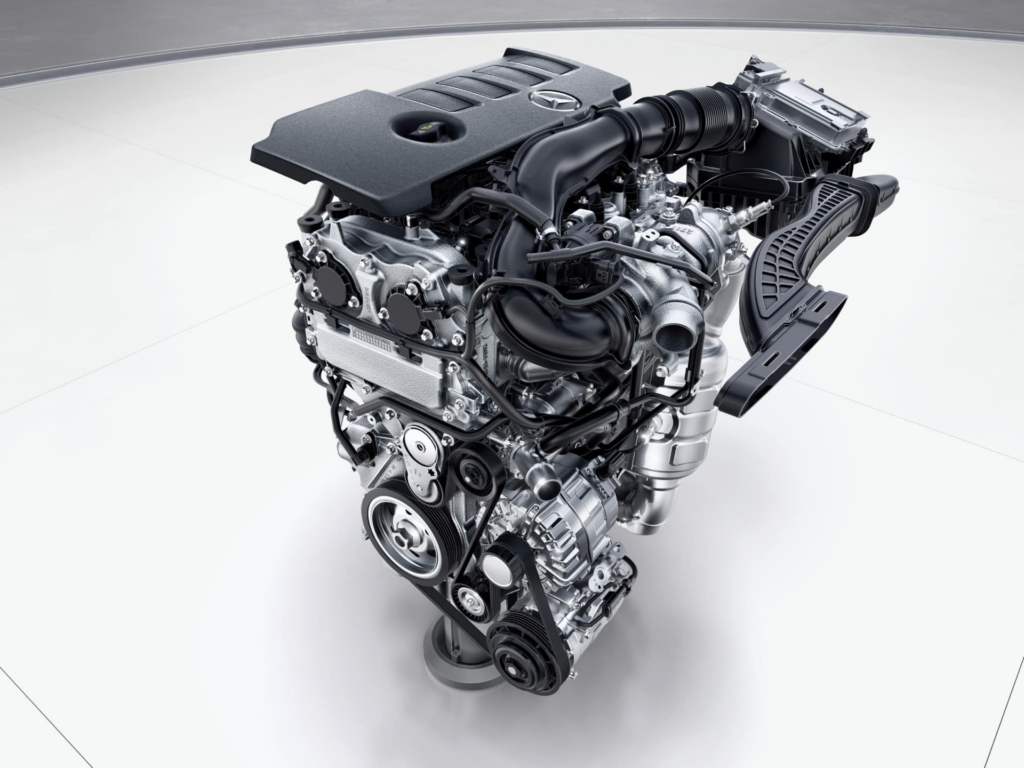
M260 vs M264 Engines
The M260 and M264 are closely related but serve different platforms.
| Feature | M260 | M264 |
|---|---|---|
| Layout | Transverse (FWD models) | Longitudinal (RWD models) |
| Typical Models | A-Class, CLA, GLA, GLB | C-Class (W205/W206), E-Class |
| Power Output | 190–306 PS | 158–184 PS (with mild-hybrid in some versions) |
| Turbo | Twin-scroll | Twin-scroll, 48V EQ Boost in some |
| Use Case | Compact, front-drive cars | Larger, performance-oriented vehicles |
Related reads: M270 Engine | M274 Engine | M264 Engine
Mercedes Models with the M260
- A-Class (W177) – luxury hatchback with sporty performance.
- B-Class (W247) – versatile MPV with efficiency focus.
- CLA (C118) – stylish four-door coupe.
- GLA (H247) – compact crossover SUV.
- GLB (X247) – small 7-seater SUV with practicality.
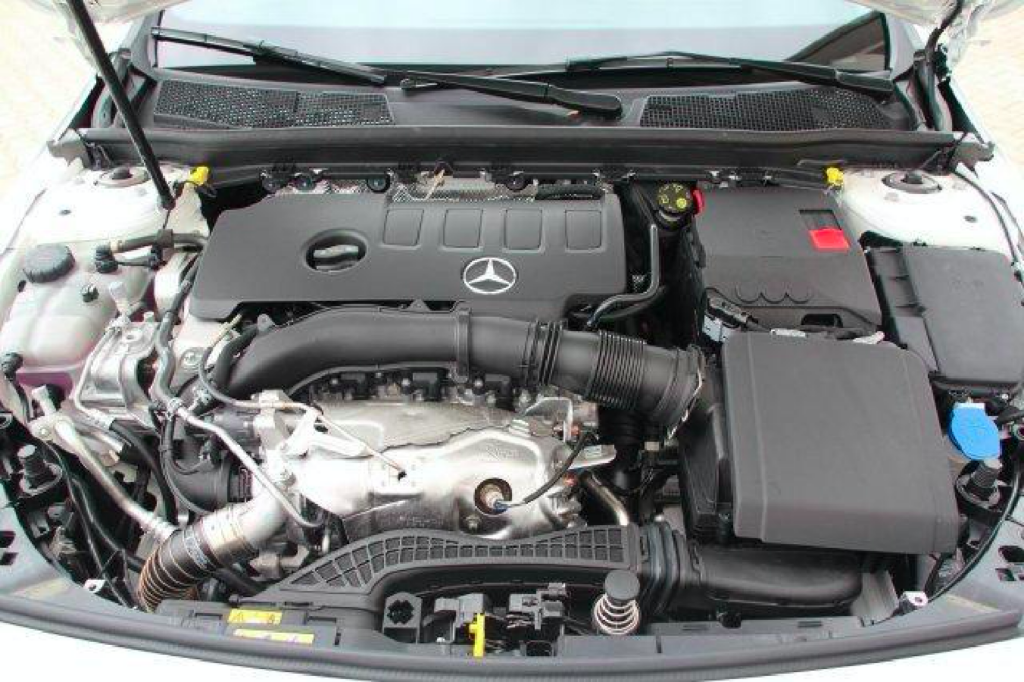
Common M260 Engine Problems & Fixes
While generally reliable, several issues have been reported:
| Problem | Symptoms | Fix |
|---|---|---|
| Carbon buildup on intake valves | Rough idle, poor fuel economy | Walnut blasting/cleaning every 60k miles |
| Valve seat wear (A250/A35) | Misfires, loss of compression | Mercedes warranty in early production; head repair |
| Oil leaks (timing cover/gasket) | Visible leaks, oil smell | Replace with updated seals |
| Turbo wastegate faults | Whistling, boost loss | Inspect actuator; replace if worn |
| Coolant leaks (hoses/pump) | Overheating, coolant odor | Replace faulty hoses or pump |
| ECU/instrument cluster bug | Incorrect oil level warning | Update software with XENTRY |

Consult an M260 engine case study: Car Will Turn But Not Start: 100% Solution
Recommended Maintenance for M260
- – Oil & filter change: every 10,000–15,000 km (use MB 229.51 spec).
- – Carbon clean intake valves every 100,000 km.
- – Inspect turbo actuator regularly for rattles/boost issues.
- – Cooling system check at each major service.
- – Monitor oil leaks and replace seals early.
- – Software updates for ECU/cluster when needed.
M260 Cylinder Head
- – Aluminum alloy construction with DOHC, 4 valves per cylinder.
- – Direct injection system for efficiency and precise fueling.
- – Integrated exhaust manifold to reduce turbo lag and emissions.
- – Optimized for thermal management and faster turbo spool.
This design helps balance performance, efficiency, and emissions compliance in compact vehicles.
M260 Engine Oil Capacity
The M260 engine holds ~5.5 L (5.8 US quarts) including filter.
- – Use MB-approved 0W-40 or 5W-30 synthetic oil, depending on climate.
- – Always check the owner’s manual for model-specific recommendations.
FAQs : Mercedes M260 Engine
Q1: Is the M260 engine reliable?
Yes, early reports show good reliability, though valve seat wear and oil leaks have been noted.
Q2: What is the M260 oil capacity?
Around 5.5 L with filter. Use 0W-40 or 5W-30 synthetic oil.
Q3: What cars use the M260 engine?
A-Class, B-Class, CLA, GLA, and GLB from 2018 onwards.
Q4: What’s the difference between M260 and M264?
The M260 is for FWD transverse models, while the M264 is for RWD longitudinal platforms.
Q5: What are the most common M260 problems?
Carbon buildup, turbo actuator faults, oil leaks, and coolant leaks.
Conclusion
The Mercedes M260 engine is a modern, efficient inline-4 designed for compact Mercedes models. With advanced fuel injection, turbocharging, and emissions systems, it balances power, reliability, and economy.
While some issues such as carbon buildup, valve seat wear, and oil leaks may occur, regular maintenance and OEM oil use will keep the M260 performing strongly for years.
Learn more about other powerplants in our Mercedes Engine Types Hub
Author
Written by Mercedes Expert
With years of hands-on experience diagnosing and repairing Mercedes-Benz systems, he brings technical depth and practical case studies to help car owners, technicians, and enthusiasts troubleshoot complex automotive issues. His work focuses on clear repair guides, OEM-level procedures, and knowledge-sharing to empower both professionals and drivers.
Last Updated: September 2025
— Salim, Mercedes Expert
Independent specialist in Mercedes-Benz diagnostics, CAN Bus analysis, troubleshooting case studies, and EV systems.

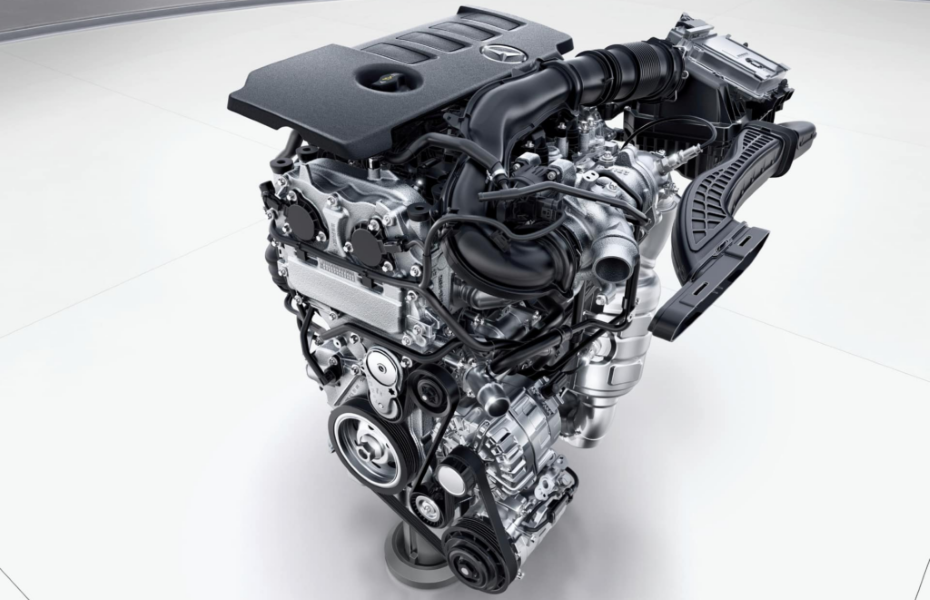




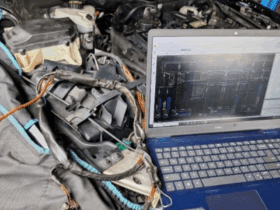
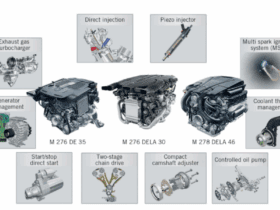
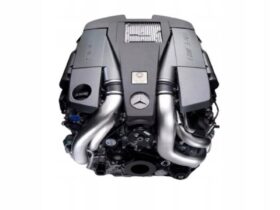
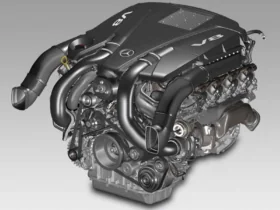
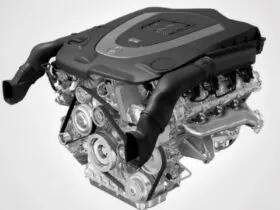
Leave a Reply